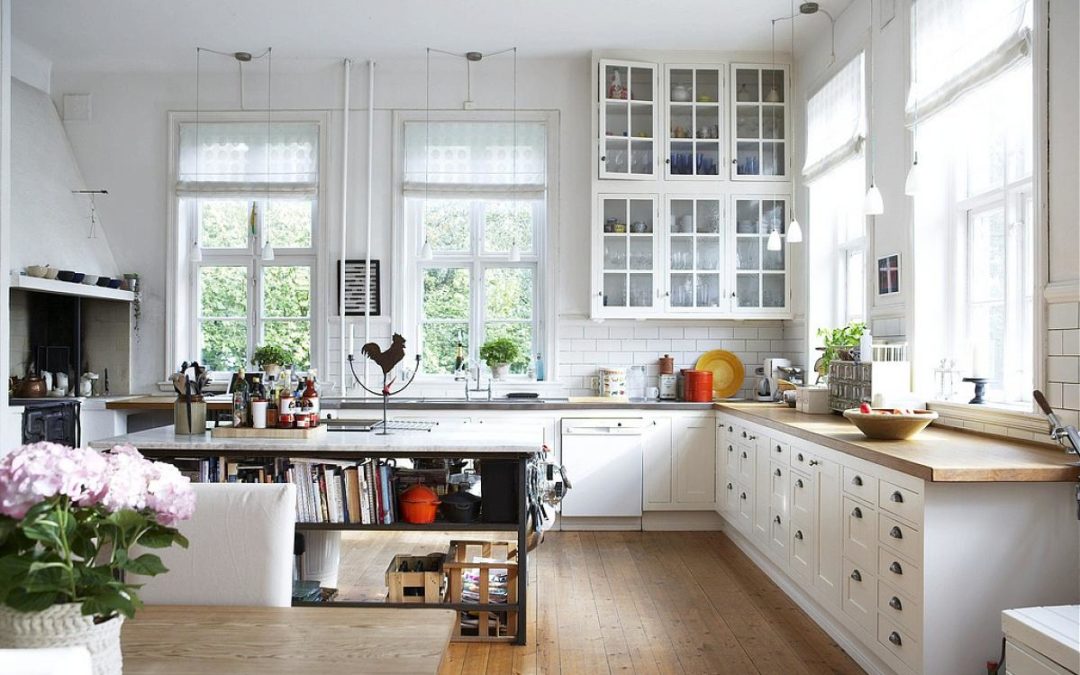London property market demand type demographics
As the homeownership population continues to age, young and middle-aged individuals are renting for longer, and landlords are having to adjust to new regulations. So how are changes in demographics are affecting landlords?
Combined with this, uncertainty around Brexit has curbed housing market growth. Since 2016, London is growing slower than other areas such as Manchester, Birmingham and Cardiff.
Restrictions on serving Section 21 Notices
Middle-aged renters are on the rise
A 27-year-old today is half as likely to be a home-owner than they were 15 years ago. House prices have doubled over the past two decades and, as a result, 28 percent of the population aged 18-34 own just 6 percent of the UK’s housing wealth.
25-34 year olds are no longer the main occupiers of private rented accommodation. As young renters have slid into middle-age, 35-49 year olds have been dominating the letting market. What’s more, the number of people aged 35-54 renting has increased by 15% in the last few years. And the number aged 45-54 has risen by a third.
There are even signs that some renters may never get on the property ladder; 20 per cent of survey respondents over the age of 55 say they dont think they will ever have the funds to put down as a deposit– or that they would qualify for a mortgage even if they had the deposit.
What it means for landlords
20% of the population live in privately rented accommodation. Renting is no longer something that you do in your twenties while you save up for a mortgage. It could be something that you do well into your forties, or for your entire life.
While this is a matter of necessity, it has also led to a mindset shift among tenants. Renting well into middle and later life is more commonplace and more accepted. In fact, 84% of UK tenants are satisfied with their rented accommodation.
Recognised Tenants Associations vs. Right to Manage Companies
These older renters have very different expectations from their younger counterparts. Energy efficiency, in particular, is a key concern, with 42 percent of renters saying that they factor eco-friendliness into their decision-making. For landlords, increasing your energy efficiency rating from the mandatory E to a C or higher could be a great way to appeal to these older renters. Modern, energy-efficient boilers and windows may also appeal.
Rental properties also need to cater for different types of households. Families with children now make up 24 percent of the private rented market, which is 10 percent higher than 20 years ago. Landlords can make their properties more appealing to families by creating family-friendly garden areas and making sure that features such as fireplaces and work surfaces don’t have sharp edges.
Surprisingly, 13 percent of renters have also said that they would be happy to pay extra cleaning services, which would definitely appeal to time-poor parents of young children. Landlords could also promote nearby creche or childcare services in their lettings adverts.
Co-living arrangements on the rise
Another interesting by-product of the generation rent phenomenon is the increase in popularity of co-living arrangements. Younger consumers have a more fluid sense of ownership than older generations. They’re happy to share their workspace, their vehicle, even their clothing. And this extends to where they live.
London boasts the largest co-living space in the world, where renters have shared access to on-site restaurants, bars, and a gym, all designed to appeal to millennial renters. The traditional HMO model is being reoriented around specific demographics.
Why provide a Gas Safety Certificate before commencement of the tenancy?
Landlords who are targeting younger renters need to create shared spaces and facilities that match millennial tastes.
The same goes for baby boomers. HMO landlords need to ask themselves “what is my ideal tenant profile and what can I create that will appeal to them?”
If you have any questions on property or block management, please contact Pelin Martin to book a 30-minute complimentary property consultation on +0208 994 7327 – pm@bluecrystallondon.co.uk


